SUMMARY
This is AI generated summarization, which may have errors. For context, always refer to the full article.
![[OPINION] The crisis in Pakistani media](https://www.rappler.com/tachyon/2021/04/ispeak-pakistan-media-crisis-sq.jpg)
Dozens of independent news platforms have started operations in Pakistan following a crisis in the media industry. At least 7,500 journalists and associated media workers have lost their jobs since Imran Khan led Pakistan Tehreek-e-Insaf (PTI) to power in 2018, while more than two dozen publications have closed since then, according to the Pakistan Federal Union of Journalists.
But how did it all unfold, and who is at fault? And how are the outlets faring now?
I joined the Daily Times, once a top newspaper in Karachi, Pakistan, in 2013. It was my first job after graduation. Before being offered work, I was informed that there would often be a delay in salary by at least two weeks. As time passed, the delay would sometimes last up to five weeks.
Staffers often protested, but they would be given assurances that the payments would be made as soon as their advertisement dues were cleared.
I worked at the paper for seven months, and it still owes me two months’ salary.
I moved then to The Express Tribune, where I was paid relatively on time. This was when Pakistan was migrating its content online, and there was a shift toward new media.
But in late 2018, we saw mass retrenchments in the industry, with many staffers, mostly reporters, being shown the door. The primary reason for the mass layoffs was said to be a slash in government advertising, which was a key source of income for newspapers.
Critics say the government led by Imran Khan reduced the advertising budget to control dissenting voices on the behest of the country’s powerful military. The government denies, this but there have been abductions, and cases have been lodged against activists and journalists who disagree with its policies. Meanwhile, those who support its narrative are termed “brave and bold.”
Over 100 satellite TV licenses have been issued since 2002, while nearly 350 Urdu, English, and regional language daily, weekly, and monthly publications are listed with the All Pakistan Newspapers Society (APNS).
Unlike online media, a large chunk of Pakistani print media’s earnings comes from government advertisements. And this dependence has been exploited by successive governments.
Although the distribution of state advertising is supposed to be based on the status and circulation of each publication, it is often influenced by favoritism and connections. Even owners of “dummy” newspapers, with no actual readership, receive government advertising contracts.
When the PTI came into power, it tried to break the status quo in media as well: it held back payments for advertisements that had already been run (said to be over 5 billion rupees for both print and electronic media), and stopped much of government advertisements, saying it would devise a new “transparent” advertising policy.
The volume of advertisements released by the federal government has since decreased by over 50%, according to the APNS. They were now limited, an official of a newspaper association told me, to the budget one department has.
This deprived newspapers of a critical part of their revenue. They lost business, started laying off staffers, introduced pay cuts, and stalled payments. Many of them had to shut down.
What’s next?
Amid pressure from media rights organizations, the government says it is making the payments, is putting in efforts to ensure transparency and merit in the release of government advertisements, and wants the media fraternity to weed out non-professionals from its ranks.
In 2019, Information Minister Fawad Chaudhry told me that Pakistan’s media was facing a “technological” rather than “economic” crisis, and that the government could not support it anymore.
Notwithstanding its anti-media policies and a push for censorship, the government might be right for once. While it needs to end its arbitrary approach toward media advertising, media outlets should also strive to resolve the question of financial stability – on their own.
To cope with unemployment and censorship, many journalists have started their own news ventures. During research, I found a number of new Pakistani news websites (both English and Urdu), but most of them have unappealing design, there is no About Us section, their stories are poorly written and edited, photos are not sourced, and many still rely on Gmail and Hotmail for email.
But some publications have started exploring new revenue models, including donor funding and reader subscriptions – something that is taking shape worldwide.
The Current, a digital news portal, recently won a grant from Google News. It started out as a video platform – short and candid interviews with celebrities and politicians – attracted an audience, and is now managing a lifestyle and entertainment web portal as well.
Similarly, Pakistan Today’s Profit, a weekly business magazine, has enforced a paywall on its premium content, and is offering print + digital subscriptions for as low as $3.25 a month.
Foreign media groups such as the Saudi Research and Marketing Group, which owns Urdu News, Independent Urdu, and Arab News, have also entered the Pakistani market. Regardless of the “foreign agenda,” the new outlets have contributed to credible reporting – and jobs.
Many journalists have even started their own YouTube channels in a bid to dodge censorship and monetize.
Given the circumstances, there is a greater need for the training and capacity building of journalists such that they can sustain themselves and make an impact – while continuing to speak truth to power. – Rappler.com
Waleed Tariq is a Pakistani journalist interested in press freedom and digital rights. He has worked for Pakistan’s mainstream English-language newspapers, and tweets @WaleedTariq89.
Voices features opinions from readers of all backgrounds, persuasions, and ages; analyses from advocacy leaders and subject matter experts; and reflections and editorials from Rappler staff.
You may submit pieces for review to opinion@rappler.com.
Add a comment
How does this make you feel?
![[OPINION] When the media censors itself](https://www.rappler.com/tachyon/2020/10/imho-no-mask-for-silence.jpg?fit=449%2C449)

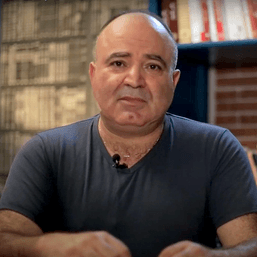
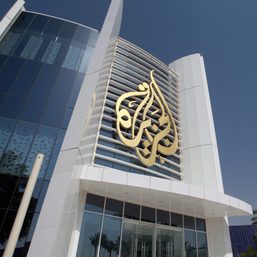



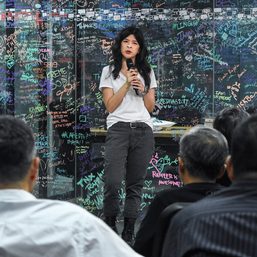
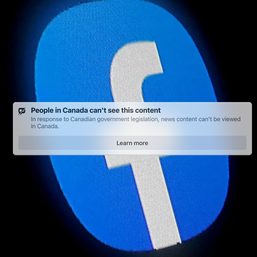
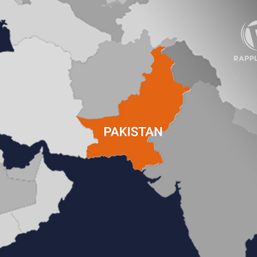
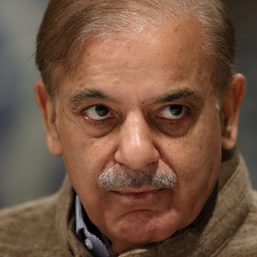
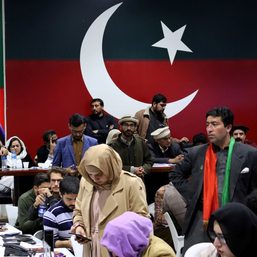
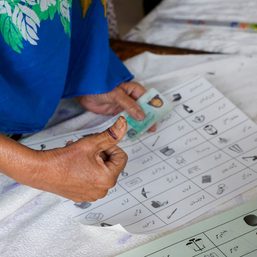
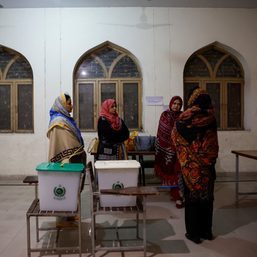
There are no comments yet. Add your comment to start the conversation.